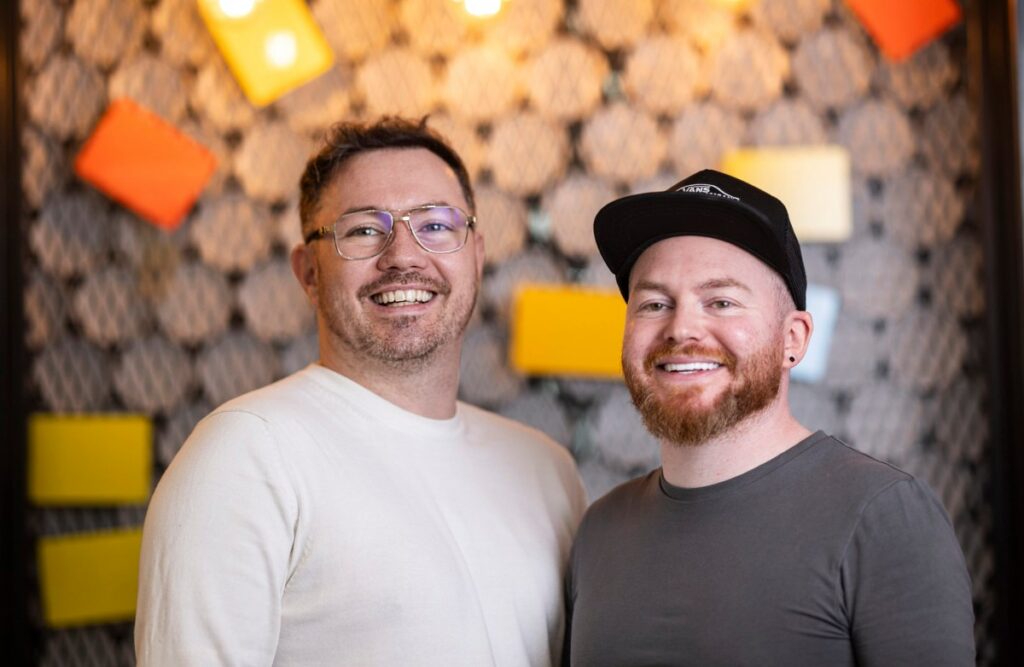If and when AI will start replacing human labor has been the subject of numerous debates.
While it’s still hard to say with certainty if AI is beginning to take over roles previously done by humans, a recent survey from the World Economic Forum found that 40% of employers intend to cut staff where AI can automate tasks.
Researchers at SignalFire, a data-driven VC firm that tracks job movements of over 600 million employees and 80 million companies on LinkedIn, believe they may be seeing first signs of AI’s impact on hiring.
When analyzing hiring trends, SignalFire noticed that tech companies recruited fewer recent college graduates in 2024 than they did in 2023. However, tech companies, especially the top 15 big tech businesses, ramped up their hiring of experienced professionals.
Specifically, SignalFire found that big tech companies reduced the hiring of new graduates by 25% in 2024 compared to 2023. Meanwhile, graduate recruitment at startups decreased by 11% compared to the prior year. Although SignalFire wouldn’t reveal exactly how many fewer grads were hired according to their data, a spokesperson told us it was thousands.
True, adoption of new AI tools might not fully explain the dip in recent grad hiring but Asher Bantock, SignalFire’s head of research, says there’s “convincing evidence” that AI is a significant contributing factor.
Entry-level jobs are susceptible to automation because they often involve routine, low-risk tasks that generative AI handles well.
AI’s new coding, debugging, financial research, and software installation abilities could mean companies need fewer people to do that type of work. AI’s ability to handle certain entry-level tasks means some jobs for new graduates could soon be obsolete.
Gabe Stengel, the founder of AI financial analyst startup Rogo, started his career at Lazard investment bank where he helped large pharma companies buy biotech startups. Rogo’s tool “can do almost all the work I did in the analysis of those companies,” Stengel said on stage at Newcomer’s financial technology summit last week, “We can put together the materials, diligence the company, look through their financials.”
While most large investment banks haven’t explicitly reduced analyst hiring due to AI yet, executives at firms like Goldman Sachs and Morgan Stanley previously considered cutting junior staff hires by up to two-thirds and lowering the pay of those they hire because the work with AI is not as demanding as before, the New York Times reported last year.
Although AI’s threat to low-skilled jobs is real, tech companies’ need for experienced professionals is still rising. According to SignalFire’s report, big tech companies increased hiring by 27% for professionals with two to five years of experience, while startups hired 14% more individuals in that same seniority range.
A frustrating paradox emerges for recent graduates: they can’t get hired without experience, but they can’t get experience without being hired. While this dilemma is not new, Heather Doshay, SignaFire’s people and talent partner, says it is considerably exacerbated by AI.
Dashay’s advice to new grads: master AI tools. “AI won’t take your job if you’re the one who’s best at using it,” she said.


